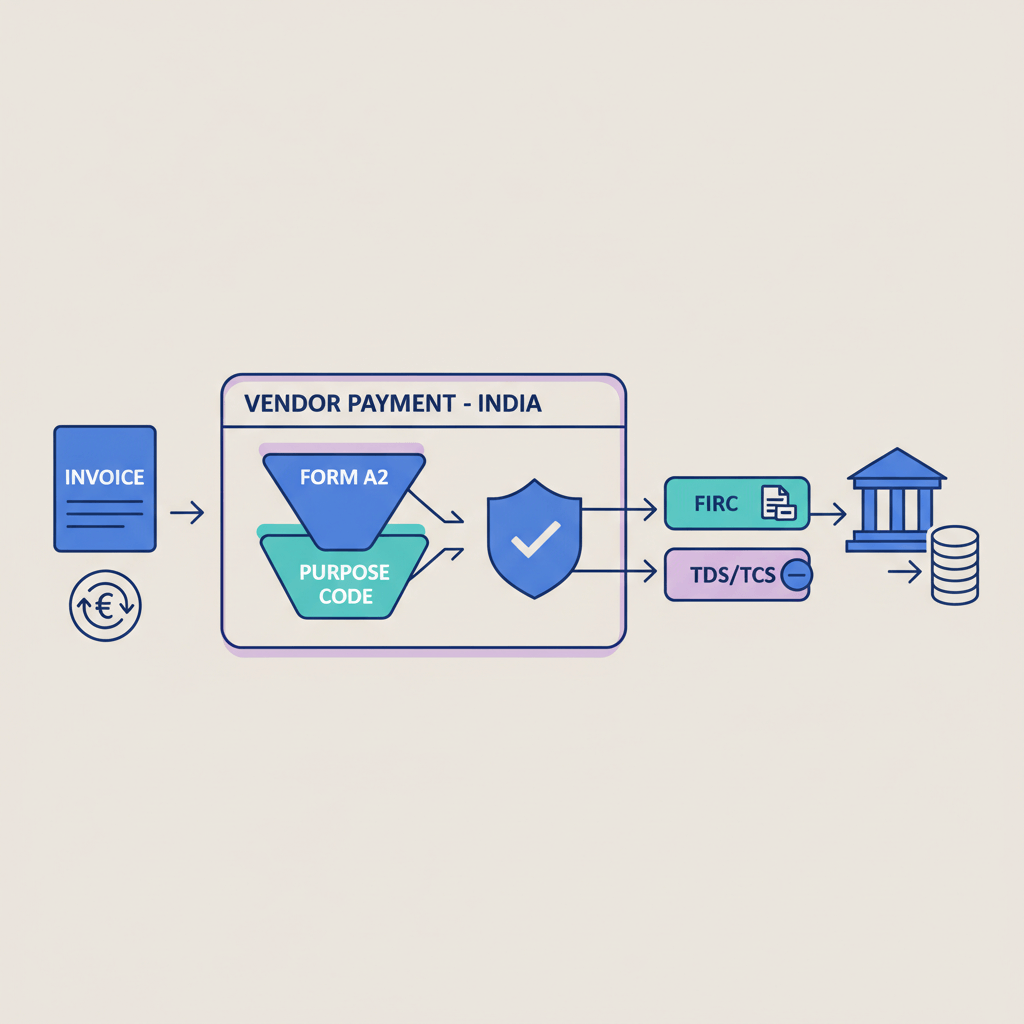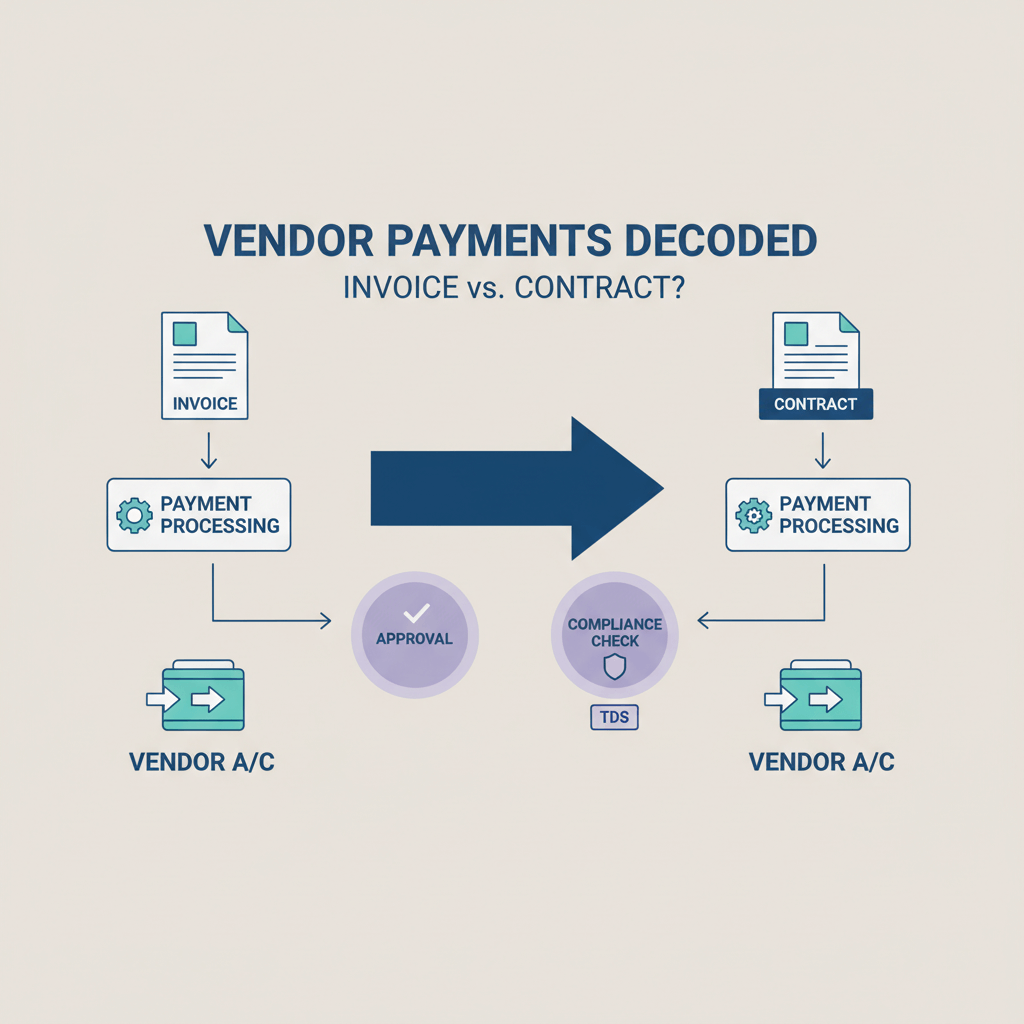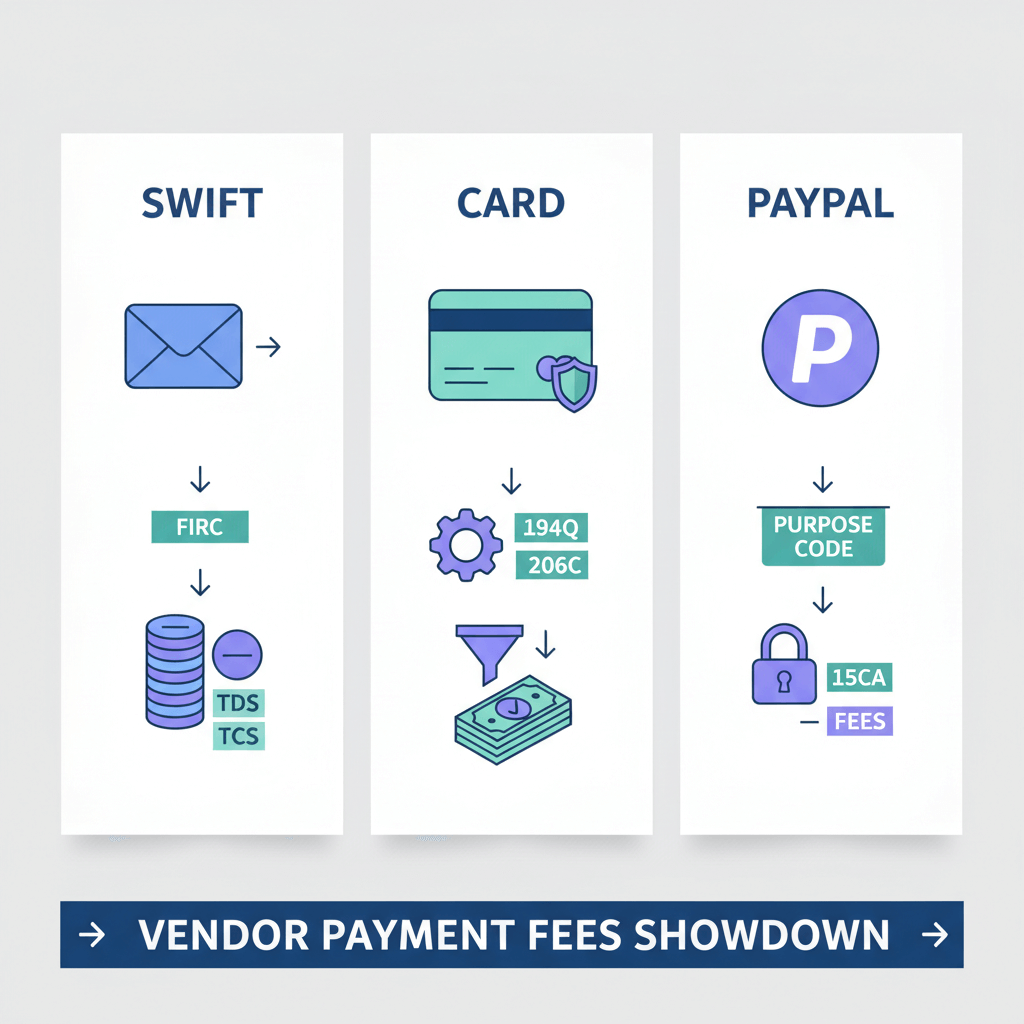Let’s explore opportunities, tailor strategies, and chart a course to financial success together.
Cross-border remittances occupy a key position in modern global economies. This is especially true for India because it is a hub for international trading, IT, and freelance trade. The traditional methods of sending remittances, such as bank wire transfers, are costly, slow, and involve unfavorable exchange rates, which makes users search for fintech solutions for cross-border remittances from India.
By using modern technology, fintech platforms offer the fastest, least expensive, and most transparent mode of alternative banking. With options such as real-time rates of exchange, lower fees, and digital experience, fintech solutions have made sending money across international borders easier for Indian businesses as well as its citizens. The following guide examines the best fintech solutions that transform cross-border remittances for Indians.
Are Fintechs Better Than Banks for cross-border remittances in India?
The popularity of cross-border remittance channels through fintech platforms has mushroomed in the recent past, overtaking even the traditional bank route. The reasons are very simple:
1. Lower Fees and Better Exchange Rates
Traditional banks often impose high fees for international money transfers, and this is also without disclosing charges imposed based on currency conversion. In contrast, fintech platforms provide very competitive and transparent pricing with the lowest transaction cost. They offer real-time exchange rates that are much closer to the market rate, which would save businesses and individuals significantly in large transactions.
2. Faster Transaction Times
Even the transfer of cross-border payments through banks can take days because of the intermediary processes and shorter working hours. Fintech solutions rely on advanced technology and global payment networks to settle transactions within hours and sometimes in minutes. It's priceless for businesses that require urgent payment deadlines and freelancers waiting for timely compensation.
3. Easier User Experience with Modern Apps and Platforms
Unlike the heavy documentation and intricate processes associated with the banks, FinTech platform ensure an easier onboarding process for users. Using mobile applications or web portals that are intuitive, one can initiate a transfer, monitor his payments, and get instant updates. Other convenient features include saved recipient details and auto-recurring payments.
4. Compliance with RBI Regulations and Transparency
Fintech companies operating in India strictly abide by RBI guidelines on cross-border remittances, ensuring compliance and security. In addition, the company clearly breaks down its cost matrix upfront for conversion margin and transfer fees so users are conscious of what they're paying and what they get in return.
Apart from saving time and money, fintech solutions make international money transfers less of a hassle. Be it an expanding business or a person sending funds abroad, fintech platforms prove to be the smart way of handling cross-border remittances.
Top Fintech Solutions for Cross-Border Remittances in India
Below are some of the top solutions:
1. Karbon Forex
Karbon Forex is a complete solution for international remittances, specially designed for Indian businesses. It uses live exchange rates that ensure you get the most value for your hard-earned money. From paying overseas vendors to receiving payments from international clients, with Karbon Forex, a smooth and efficient experience awaits, with minimal fees and full transparency.
Features:
- Tailored for Indian businesses handling international transactions.
- Live exchange rates.
- Upto 1% fees.
- Online dashboard.
2. Wise
Wise offers a simple interface and transparent pricing, making it a popular choice for personal and business remittance services. Besides providing real-time exchange rates at low, upfront fees, the platform is excellent for small businesses and individual users. Transfers are normally processed within 1-2 days depending on the destination.
Features:
- Real-time exchange rates.
- Transparent and low transfer fees.
- Multi-currency accounts for holding and transferring funds.
3. Revolut
A multi-currency account offering flexibility, Revolut is a perfect platform for businesses dealing with various international clients. It enables the holding, exchange, and transfer of money in more than 30 currencies at competitive rates. Revolut's subscription plans vary to suit business needs, offering flexibility and value.
Features:
- Multi-currency accounts with exchange at interbank rates.
- Subscription-based plans catering to business and personal needs.
- Instant money transfers between Revolut users.
4. Payoneer
Tailored for freelancers, e-commerce sellers, and small businesses, Payoneer simplifies receiving international payments. It offers cost-effective solutions for withdrawing funds in INR or USD, with no hidden fees. Payoneer also supports cross-border payments to over 200 countries, making it a reliable option for global transactions.
Features:
- Seamless global payment solutions for freelancers and e-commerce sellers.
- Ability to receive funds in USD, EUR, and other major currencies.
- Local bank transfers in INR.
5. Instarem
Instarem is a fintech money-transfer platform with competitive exchange rates and transparent pricing in personal and business remittances. This application has a friendly, easy-to-use interface, fast transfers, and is loved widely among Indian users. With no hidden charges, Instarem ensures you get the best possible value on your transactions.
Features:
- Competitive exchange rates with no hidden fees.
- Transfer tracking for complete transparency.
- Integration with business payment systems.
6. Remitly
For personal remittances, Remitly is the best option with low fees and multiple payout options, including bank deposits, cash pickups, and mobile wallets. It is a good option for people sending money to family or friends abroad, with options for faster delivery at a slightly higher cost.
Features:
- Multiple payout options, including cash pickups and mobile wallets.
- Economy and Express transfer options for flexibility.
- Low fees for small transactions.
These fintech solutions are revolutionizing cross-border remittances in India with better rates, faster transfers, and user-friendly services. Be it business transactions or personal remittances, the platform for this is always out there to accommodate your specific needs.
Comparison Table
Drawbacks of Fintech Solutions in Cross-Border Remittances
Fintech platforms come with various benefits for cross-border remittances. Still, they have certain disadvantages that businesses and people should consider before selecting any kind of solution. Here are a few major drawbacks:
1. Availability is low in some countries.
Fintech solutions are not being serviced everywhere. In a way, this can be very limiting for enterprises or individuals who have to transfer money into countries where the platform does not operate. For instance, Karbon Forex provides services that suit Indian enterprises, but certain areas might not have support, meaning the user cannot get very flexible.
2. Security Issues
Although fintech companies leverage highly advanced encryption and comply with financial regulations, data breaches and cyber-attacks remain a possibility. In the event that a platform is hacked, all sensitive financial and personal user data could be stolen.
3. Customer Support Issues
Fintech companies are often digital-first, meaning that customer support can sometimes be slower or less personalized compared to traditional banks. Issues may arise that require immediate assistance, and not all platforms offer 24/7 customer service. This lack of accessible support can lead to delays in resolving problems, especially when dealing with cross-border transactions that involve multiple parties and currencies.
4. Technology Dependence
Fintech services are heavily reliant on the internet and technology. Non-access to the internet or no internet stability might pose a problem in accessing such portals. Further, some platforms could experience technical errors or downtime that denies users from conducting transfers when it is necessary. It is, therefore, disadvantageous for individuals who reside in remote places or lack access to digital applications.
5. Regulatory Issues
Fintech platforms are regulated by various financial regulations, which differ from country to country. Changes in government policies or more stringent regulations can affect the availability or functionality of these platforms. For businesses, compliance with local and international laws is a must, and sometimes navigating through these regulations can be a bit challenging.
6. Chargebacks and Disputes
Fintech platforms often have a ver biased chargeback and dispute resolution mechanism. If a transaction goes wrong—whether due to fraud, errors, or issues with the recipient’s account—getting a refund or resolving the issue can be more complicated. In most cases, Fintech platforms side with the sender or buyer, making it risky for sellers to use them.
Conclusion
Fintech solutions have transformed the way businesses and individuals manage cross-border remittances.
For Indian business houses seeking easier international transactions, Karbon Forex is a suitable and efficient provider. With a competitive exchange rate, low charges, and a same-day transfer facility, it is an exclusive solution for companies with frequent remittances.
With the help of fintech, businesses can leap in the global market. Be it just a step into cross-border payments or the optimization of your existing systems, fintech platforms like Karbon can make it easy to handle the intricacies of international finance.
FAQs
What is the cheapest fintech solution for cross-border remittances in India?
The cheapest cross-border remittance fintech solution depends on the transaction amount, destination, and specific service requirements. Karbon has been a prominent brand in offering competitive rates with meager fees around 0.4% to 1% of the transfer amount and no hidden charges.
Can fintech platforms handle large business remittances securely?
Indeed, fintech services are secure when it comes to big business remittances. More and more are regulated, offering encryption technologies that help keep valuable information private and safe. Many of these include Karbon Forex and Wise - which can definitely ensure cross border secure services for any business. Nevertheless, it is critical to validate such security protocols put in place on the platform of your choice before proceeding.
Are fintech solutions regulated by the RBI for cross-border remittances?
Yes, fintech solutions in India are regulated by Reserve Bank of India (RBI). Businesses are also expected to choose an RBI-compliant platform for cross-border remittances in India.











